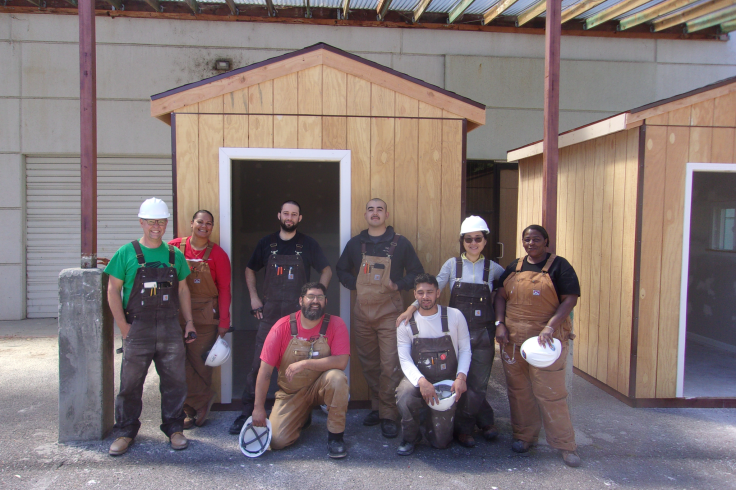A Legacy of Hope: Barrie Hathaway on the Battle Against Institutionalized Poverty
The poverty gap in the United States holds back many Americans struggling to acquire a higher quality of life. According to the Census Bureau, the poverty rate in the United States is currently 11.6%, with over 39 million people living in poverty. These people often face daunting obstacles when trying to overcome the cycle of poverty, such as stereotyping, a lack of marketable skills, and a systemic lack of resources. According to Barrie Hathaway, this lack is often a result of a generational poverty, systemic barriers, equitable access to opportunities, and a lack of affordable customized and multifaceted approaches to supporting low income people.

Economic downturns and high interest rates have historically shown those living below the poverty line to be the most vulnerable and the hardest hit. Hathaway states that these people are determined and talented, but struggle to improve their circumstances because they are consumed with the stresses of a shortage of resources, often overworked, underpaid, and unable to invest in their future.
In his work, Hathaway has seen single parents working two jobs who do not have the time or resources to study, start, or advance their career. Other contributing factors include being homeless, young adults, or a justice-engaged individual and trying to get back on your feet in a society that once again does not see your potential.
Hathaway's organization, JobTrain, is bridging the poverty gap through its training courses that are designed to give its recipients the proper skills to work in sectors that provide them with life-altering opportunities. At JobTrain, they offer training in health care, culinary arts, construction, and IT. Hathaway and the team work with their students every step of the way and provide them with stabilization support, work skill development, and constant encouragement in their ability to attain a sustainable life. When students graduate from the program, JobTrain continues to offer their services, ensuring they find the proper resources and career they worked so hard to achieve.
The more isolated and detached you are from society and educational resources, the harder it becomes to even set a foot on the career ladder. Hathaway maintains that people need to surround themselves with supportive communities and programs that are going to be a part of helping you fulfill your true potential.
"To get out of poverty you need to have a plan. It's completely false that the people who are struggling simply don't have the desire, the tenacity, or the talent to break the poverty cycle. When someone reaches out to JobTrain, they always want to do better and have a better life. Our work proves that it is possible to reduce the poverty gap and to stop the cycle of poverty. Using effective resources to help people overcome their difficulties, and seeing them in a positive light rather than as just a number, inevitably helps many people find a stable career path," says Hathaway.
Hathaway states that the government must also attempt to reduce the growing poverty gap by providing additional resources for lower income communities, including no-cost training and support. Additionally, he believes governmental bodies should create legislation that provides affordable housing, universal basic income, and extended benefit assistance for people on the path out of poverty.
In the Bay Area alone one in five people are living in poverty, while 50% can't pay their bills at least once a year. A family of four has to earn a minimum of $160,000 a year just to stay above the poverty line. In this case, two parents working full time would each have to be making $40 an hour, which is no easy feat to accomplish. Many individuals that seek out the JobTrain services are earning on average $25 per hour at the entry level. With JobTrain's free training and continued support, they are able to start a career and over time, achieve economic freedom.





















